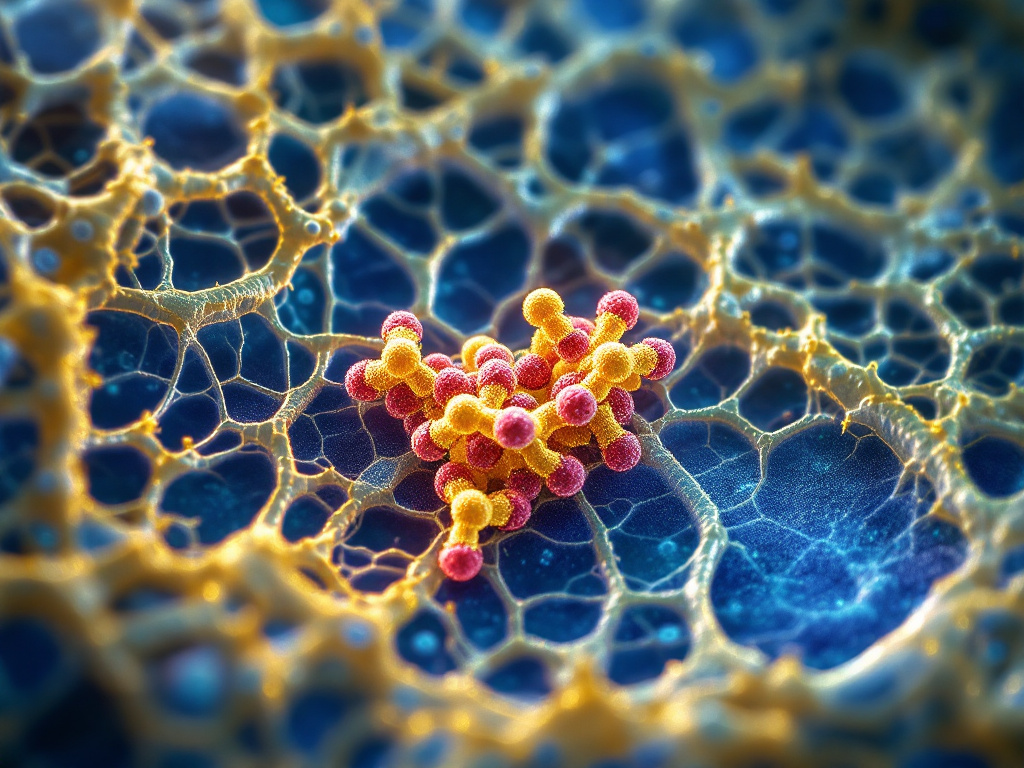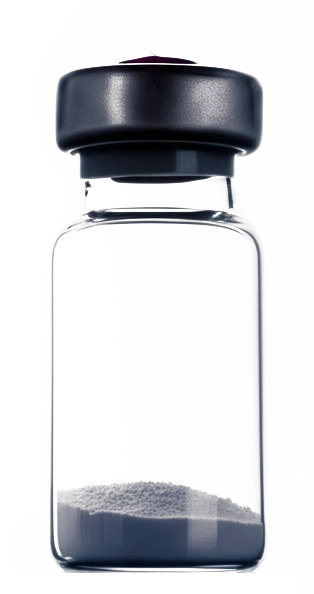

Peptides are short chains of amino acids, the building blocks of proteins. They play a crucial role in various biological processes, including hormonal regulation. When it comes to thyroid health, specific peptides can influence the production and conversion of thyroid hormones, particularly T3, which is vital for metabolic efficiency. These peptides may act as thyroid support by enhancing the thyroid glands ability to produce hormones or by improving the cellular response to thyroid hormones.
Certain peptides can stimulate the thyroid gland to produce more T3, the active form of thyroid hormone. Others can improve the conversion of T4 (inactive form) to T3, ensuring that the body has enough of the active hormone available. This T3 support is essential for maintaining hormonal balance, which directly impacts energy levels, metabolism, and overall well-being. By optimizing T3 levels, peptides can help alleviate symptoms of hypothyroidism and improve metabolic function.
Peptides influence thyroid function through several mechanisms. Some peptides bind to receptors on thyroid cells, stimulating hormone synthesis. Others may modulate the activity of enzymes involved in T4 to T3 conversion. Additionally, certain peptides can reduce inflammation and oxidative stress in the thyroid gland, protecting it from damage and promoting optimal function. These combined effects contribute to enhanced thyroid support and improved hormonal balance.



Adrenal health is intrinsically linked to energy production. The adrenal glands produce hormones like cortisol, which regulate stress response, energy levels, and immune function. Peptides can support adrenal health by reducing chronic stress, improving the glands resilience, and modulating cortisol production. For example, peptides like adrenocorticotropic hormone (ACTH) fragments can stimulate the adrenal glands to produce balanced levels of cortisol, preventing both deficiency and excess, which are detrimental to energy production.
Yes, peptides can significantly enhance mitochondrial function and ATP production. Mitochondria are the powerhouses of cells, responsible for generating ATP, the primary energy currency of the body. Certain peptides, such as those derived from mitochondrial proteins, can improve mitochondrial efficiency, increase ATP synthesis, and protect mitochondria from oxidative damage. This enhancement leads to a noticeable metabolism boost and increased energy levels, combating chronic fatigue.
Chronic fatigue is often a symptom of hormonal imbalances, particularly involving the thyroid and adrenal glands. Peptides can address this issue by restoring hormonal balance, supporting adrenal function, and boosting mitochondrial activity. By optimizing thyroid hormone levels and adrenal hormone production, peptides help regulate the bodys energy metabolism. Additionally, peptides can reduce inflammation and oxidative stress, further alleviating fatigue and improving overall energy production. This multifaceted approach makes peptides a valuable tool in managing and overcoming chronic fatigue.




Peptide therapy involves the strategic use of specific peptides to target thyroid dysfunction, adrenal fatigue, and impaired energy production. The process typically begins with a comprehensive assessment of hormonal levels and metabolic function to identify imbalances. Based on the results, a customized peptide protocol is designed to address individual needs. This may include peptides that support thyroid hormone production, enhance adrenal function, and boost mitochondrial ATP production. Regular monitoring and adjustments are made to optimize the therapys effectiveness.
Peptide therapy can significantly contribute to a metabolism boost by optimizing thyroid function and enhancing mitochondrial activity. When thyroid hormones are balanced, the body can efficiently convert food into energy, preventing metabolic slowdown. Additionally, peptides that improve mitochondrial function increase ATP production, further boosting metabolic efficiency. This combination results in increased energy levels, improved weight management, and enhanced overall metabolic performance.
The potential benefits of using peptides for hormonal balance and energy production are numerous. These include improved thyroid function, enhanced adrenal health, increased energy levels, better weight management, and reduced symptoms of chronic fatigue. However, it is crucial to consider potential risks and ensure that peptide therapy is administered under the guidance of a qualified healthcare professional. Factors such as peptide quality, dosage, and individual response should be carefully monitored to maximize benefits and minimize adverse effects. Additionally, its important to make sure that you have proper T3 support with the peptides used to support your thyroid.
Here are the questions we addressed in this article, along with brief answers:
Peptides are short chains of amino acids that influence hormonal regulation and can enhance thyroid hormone production and cellular response.
Peptides can stimulate T3 production and improve the conversion of T4 to T3, essential for maintaining hormonal balance and energy levels.
Peptides bind to thyroid cell receptors, modulate enzyme activity for T4 to T3 conversion, and reduce inflammation in the thyroid gland.
Peptides support adrenal health by reducing chronic stress and modulating cortisol production, which is vital for energy regulation and immune function.
Yes, certain peptides enhance mitochondrial efficiency, increase ATP synthesis, and protect mitochondria from oxidative damage, boosting energy levels.
Peptides restore hormonal balance, support adrenal function, and boost mitochondrial activity, reducing inflammation and oxidative stress to alleviate chronic fatigue.
Peptide therapy uses specific peptides to target thyroid dysfunction, adrenal fatigue, and impaired energy production, based on individual hormonal and metabolic assessments.
By optimizing thyroid function and enhancing mitochondrial activity, peptide therapy increases energy levels, improves weight management, and enhances overall metabolic performance.
Benefits include improved thyroid function, enhanced adrenal health, and increased energy levels; considerations include peptide quality, dosage, and individual response, requiring professional guidance.

